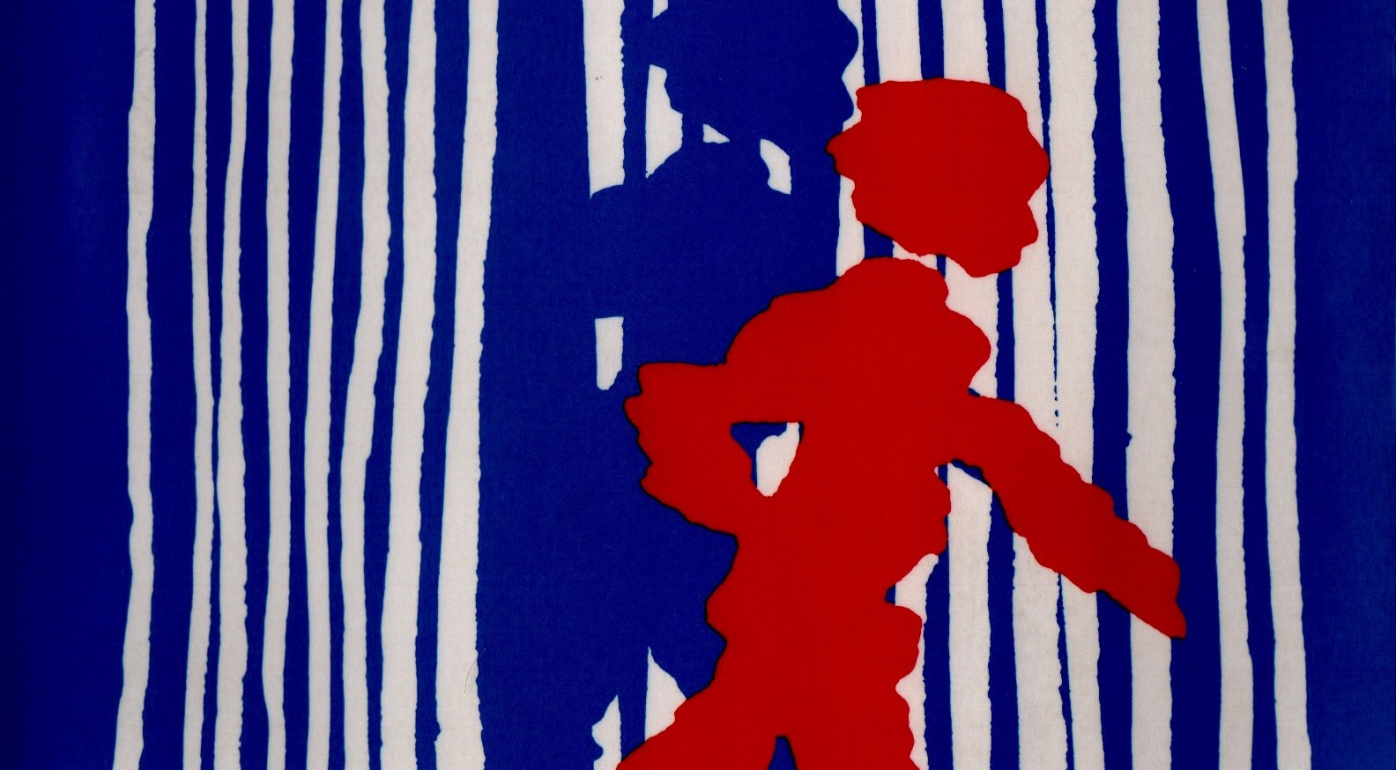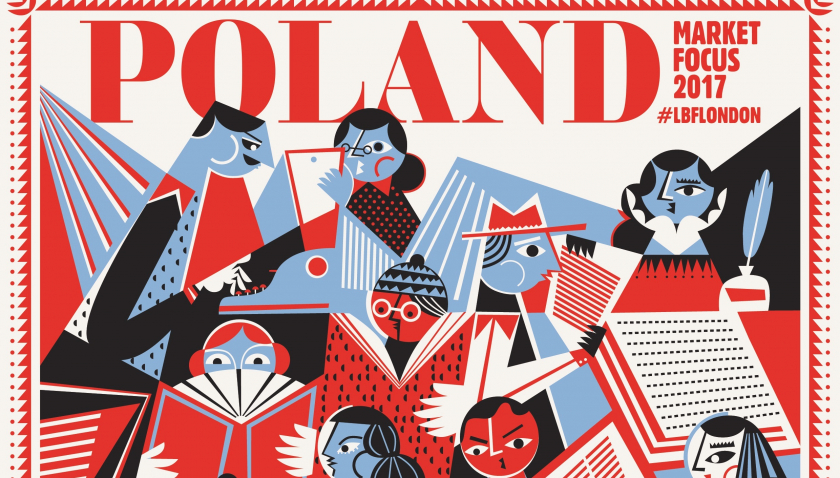Many of my ancestors neither lived in Poland nor ever left it; they were there and not there. You see, from 1795 until 1918, Poland didn’t really exist, because our three much greater neighbours partitioned the Polish-Lithuanian Commonwealth in 1795, and a couple of times before that. “Our element is our unending immaturity,” said Witold Gombrowicz, my favourite Polish writer. Perhaps, too, it was our inability to become great. Writing literature in Polish was often banned or made difficult, in all three regions of partitioned Poland. Indigenous Poles trying to write and speak Polish were seen as terrorists trying to set bombs, these language bombs. Because in Poland we are all poets, working every day with our seven noun cases and millions of lovely diminutives that no foreigner will ever understand fully. And then, we are this sexy nation: “I was a Pole, moulded by Polishness, living in Poland.” As Gombrowicz said.
in Poland we are all poets, working every day with our seven noun cases and millions of lovely diminutives that no foreigner will ever understand fully
When I was seventeen, the old communist curriculum was abandoned in schools and for the first time Gombrowicz was read as part of the Polish literature class. My grade was the very first one to follow the new curriculum, in the new democratic system of the 1990s. It was as if we were suddenly allowed to use swear words, openly, in front of our teachers and parents; show a bare bum to the principal; stick out a tongue to the entire class, or read about similar behaviour in Gombrowicz’s books. We’d read and reread Gombrowicz at home, many of us. But here, in school, it felt like a bomb exploding, in the middle of my classroom; and it felt like something beautiful. We were in this red-bricked Catholic high school in Olsztyn, set by a beautiful lake in which we could never swim. Supposedly it been poisoned by the Nazis or the Soviets, or Poles trying to poison the Nazis or the Soviets, so that they could not poison them in turn. But reading Gombrowicz in school taught us something, because it felt like freedom we Poles never take for granted, because freedom always comes and goes for us, it seems. And because we have these poisoned lakes, right behind the school, which is a pain because it would have been nice to be free to swim, after school, after reading Gombrowicz. It would have been rather beautiful to swim, like having freedom would have been this beautiful thing, too, always. It would be nice to swim and forget that we are Polish, but we have these borders to guard. Always.
And so when my grandparents first kissed – my grandpa’s hand rubbing my granny’s back lower and lower and stopping right above the partition between her lower back and her beautiful posterior – they heard the news that Poland was now liberated, again, because it had happened before, after the Great War. It was 1945 and it was time to love again. On the radio, in plain Polish, they heard Poland is free. “Polska jest wolna.” In Eastern Poland, where my grandparents came from, the invaders always spoke either Russian or German. But now it was Polish! Again! Not German! Not Russian! Given the choice, my grandparents had preferred Nazis to Soviets, like you would prefer orange marmalade to Marmite. Hearing Polish on radio announcing freedom made them cry, like they cried in 1918, too, when Poland briefly reappeared on the map of Europe.
It was not for long, as usual. Yet again, my grandparents became terrorists, setting bombs against the new invaders, now Communists. These rebellious Poles, sticking tongues when they shouldn’t, opening their mouth when they shouldn’t; refusing to comply but really being, in Gombrowicz’s words, "terribly Polish and terribly rebellious against Poland,” never quite settling into what Poland should be, or is. But they also just lived their lives. Just lived their lives, working, arguing, moving houses, baking poppy seed cakes, travelling, nagging their children to do their homework, and marinating herring from the Baltic, because now at least they could speak and write in Polish, which they have done for centuries, even if they weren’t allowed. Poland was never part of Russia, in communism. Unlike Ukraine, Lithuania, Latvia, we had some independence.
You should always question beauty
In my mid-twenties, I reread Gombrowicz’s Trans-Atlantyk while on a train to see Grandpa, who was then very unwell. I left my seat and I moved into the restaurant carriage and ordered lots of food: pierogi and barszcz. (The food was always so good on Polish trains.) I was scared to see him unconscious. Reading Trans-Atlantyk was painful, like being Polish is always painful, but it was the sort of pain that flowed nicely, until it dissolved in the process of reading. And of course Gombrowicz’s voice was that of Grandpa: sort of rude, posh and lyrical at the same time, and very energetic. I love the scene when an exiled Polish father and son befriend a local homosexual called Gonzalo, who seduces the son, while the father tries by all means to protect his son’s virginity. The father addresses his son in almost baroque sentences, and does it quickly and rudely. It's a funny book. I would read Gombrowicz even if he wasn't part of the school programme, because his characters are funny but complex. They remind me of something Grandpa once said to me: “Princess Agnieszka is such a nice girl, but could she not be a little bit prettier? Just that tiny bit?” This still makes me laugh, after all these years. Prettier? But of course. You should always question beauty. As Gombrowicz said, “The artist works in beauty as other people work in insurance companies or in farming, yet he doesn't necessarily know what beauty is.”
Agnieszka Dale is a Polish-born London-based author. Her short stories and poems were selected for ‘Tales of the Decongested’ (2005), ‘The Fine Line Short Stories Collection’ (2011), Liars' League London (2013), twice for BBC Radio 4 (2015 and 2016) and BBC Radio 3 (2016). FOX SEASON, Agnieszka Dale's collection of short stories, will be published by Jantar in autumn 2017.


